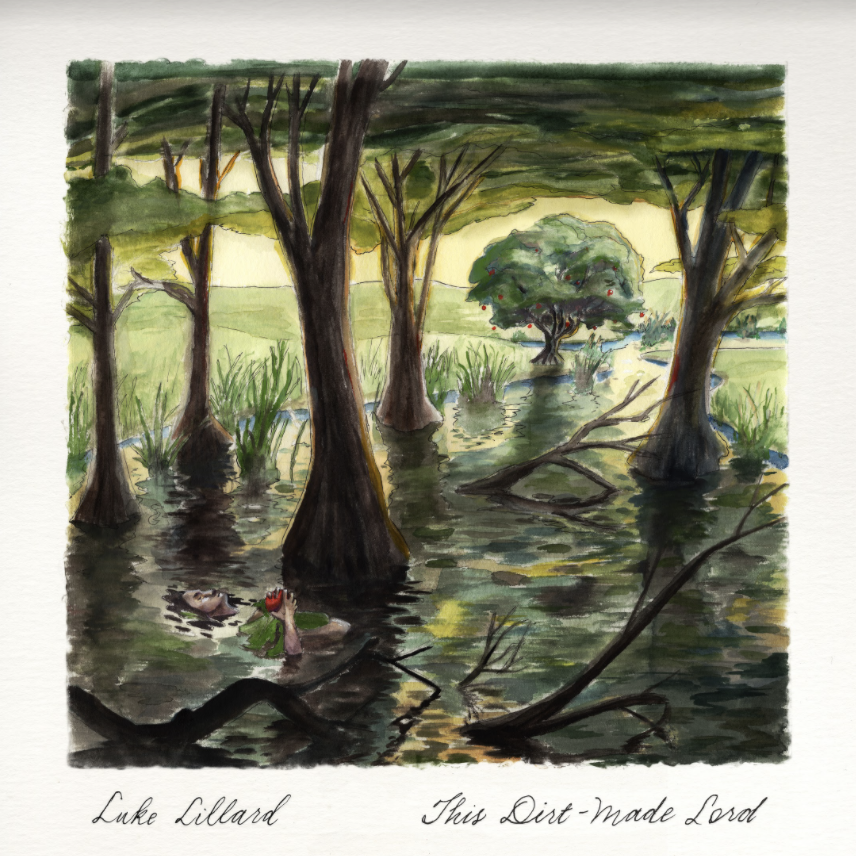One of our pet peeves about Christian music is that when you group too many big “victorious” anthems in one setting, it misses one of the main narratives of the Gospel of Jesus — life is messy and painful and difficult, and God is willing to humble Himself and meet us in our place of need. A true walk of faith isn’t always mountaintop experiences. The brand new album from Oregon-based songwriter Luke Lillard is called This Dirt-Made Lord (available on Spotify), and explores the incarnational love of God set to indie-folk melodies. Thanks to our friends at Renew The Arts for introducing us to Luke’s music and setting up this interview.
UTR: When did you fall in love with making music?
Luke: I fell in love with making music VERY early! My parents will tell you that I was making up songs as soon as I started talking. I barely remember a time before songwriting and making music were an active part of my life! But it was probably sometime between the age of 9, when I started guitar lessons, and 12 or 13, by which point I was constantly writing songs.

Luke Lillard is a solo artist and member of the band The Vineyard Collective, and resides in Eugene, OR – and you can find his music on Bandcamp.



Leave A Comment